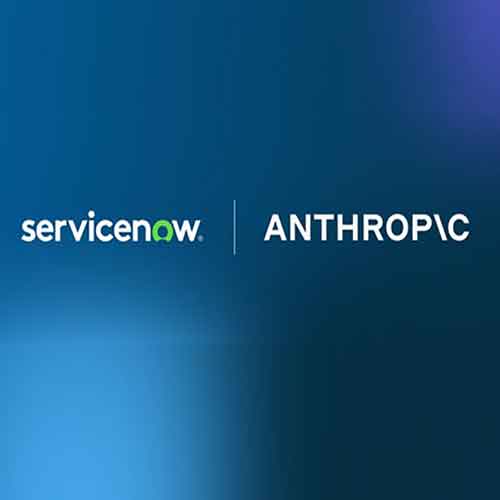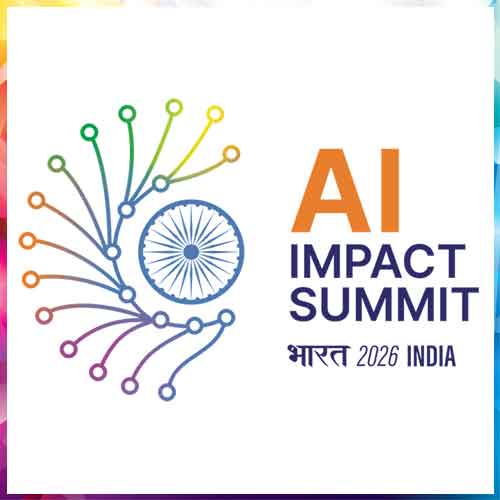
Pankaj Sachdeva - Managing Director of India, Pitney Bowes speaks to VARINDIA on how Pitney Bowes is committed to leveraging AI-powered tools and technologies to drive innovation and efficiency in its operations and how this subsequently is translating into enhanced last-mile delivery while also overcoming unique challenges -
How is AI transforming the shipping and mailing industry in India? How are AI-powered systems improving last-mile delivery efficiency in India?
AI is transforming industries by automating tasks, streamlining workflows, and enabling smarter decision-making. Fortune 100 companies are leveraging AI for real-time analytics, predictive modelling, and autonomous operations to boost efficiency and cut costs. A major leap is agentic AI, where autonomous agents manage complex workflows independently, driving speed, accuracy, and scalability.
In India, AI is rapidly reshaping the shipping space. By integrating AI-powered platforms, real-time data, and intelligent automation, companies are optimizing shipping rates, enhancing tracking accuracy, and simplifying returns—resulting in lower costs and faster deliveries. AI also helps refine service-level agreements (SLAs) and tackle unique challenges like urban congestion and diverse geographic conditions.
As India’s e-commerce sector surges, delivery providers are turning to AI for route optimization, demand forecasting, and real-time tracking to meet rising expectations for quick, seamless deliveries. With its growing role in last-mile, AI is set to drive greater precision, personalization, and sustainability across the Indian shipping ecosystem.
What are some challenges faced by Indian shipping companies in adopting AI technologies, and how can they overcome them?
AI is becoming essential in India’s shipping sector, driving efficiency, cost savings, and better decision-making. However, adoption faces challenges like data fragmentation, poor data quality, and integration issues due to disparate systems and third-party providers. To address this, companies must build centralized data platforms, enforce strong governance, and create AI-ready pipelines.
A shortage of domain-specific AI talent and high implementation costs also pose challenges. Upskilling existing staff and partnering with educational institutions for targeted training can help bridge the gap. Additionally, employee resistance to AI requires clear communication, structured change management, and comprehensive training to build a culture of innovation.
As AI adoption grows, ensuring compliance with evolving regulations, data privacy, and cybersecurity is critical. Protecting sensitive data and aligning with industry standards is non-negotiable. Finally, integrating AI with legacy systems demands a phased approach and collaboration with experienced tech partners. By tackling these barriers strategically, Indian shipping companies can fully leverage AI to enhance performance and customer satisfaction in a competitive, fast-changing landscape.
What are some of the technological trends that you foresee shaping up the shipping industry in years to come?
AI is driving a global transformation, with major companies adopting technologies like Agentic AI to enable autonomous decision-making, real-time adaptability, and intelligent automation. This shift is fuelling SaaS revolution, as traditional software evolves into AI-powered, cloud-based platforms that continuously learn and optimize.
In the shipping industry, generative AI is streamlining operations and enhancing customer engagement. AI chatbots and virtual assistants automate tasks like refunds and support, delivering faster, more personalized service. Tools like Copilot and GitHub boost employee productivity and improve service reliability. With Agentic AI, shipping companies can now predict delays, optimize routes, and automate inventory decisions with minimal human input—ushering in a new era of smart, efficient, self-regulating operations.
Could you highlight some of Pitney Bowes' innovative offerings, including its AI-powered chatbots and how it is enhancing customer experience?
In the context of shipping domain, core areas like shipping rates, tracking, and returns are critical to the overall ecosystem. We're building AI-powered advisors that deliver real-time insights, helping customers make smarter decisions on costs and delivery timelines. Our AI-driven chatbot leverages natural language processing (NLP) to enable conversational, intuitive interactions. It enhances customer engagement by resolving issues faster, personalizing support, and efficiently managing high volumes of routine queries—reducing effort and improving the experience for our daily users.
Internally, generative AI enhances productivity across teams. Sales and pre-sales use real-time shipping data to craft compelling value propositions, while procurement leverages AI to analyse vendor contracts, extract insights, and optimize negotiations. These AI-driven capabilities empower us to deliver superior customer experiences, drive efficiency, and achieve measurable business impact.
What are Pitney Bowes’ expansion plans in terms of new partnerships with respect to the India market?
Pitney Bowes is a global leader in the shipping and mailing ecosystem, delivering solutions worldwide. In India, our focus has been on developing tax meter solutions that modernize and simplify stamp duty collection for banks, financial institutions, and district revenue offices.
We’re always excited to engage with innovative Indian startups, particularly those driving change in the shipping space. With India’s vibrant startup ecosystem, we see the country as a strategic hub for innovation and a key contributor to our global growth.
See What’s Next in Tech With the Fast Forward Newsletter
Tweets From @varindiamag
Nothing to see here - yet
When they Tweet, their Tweets will show up here.





























